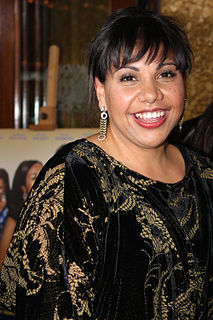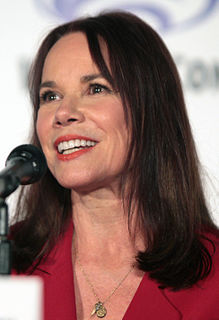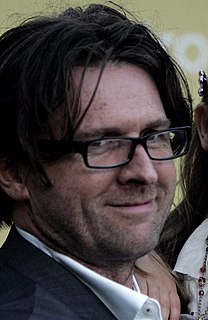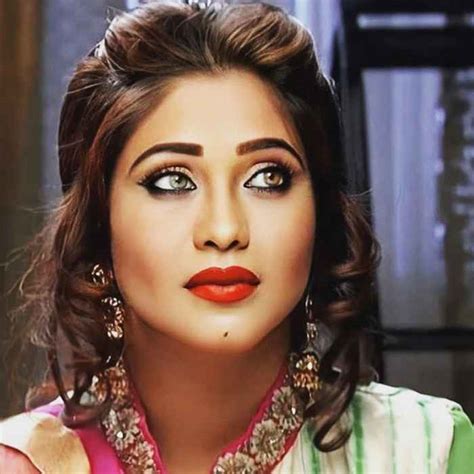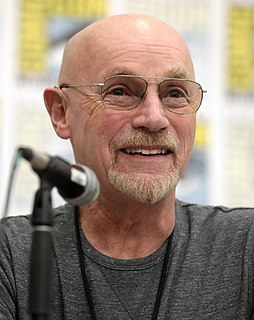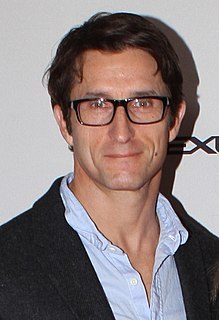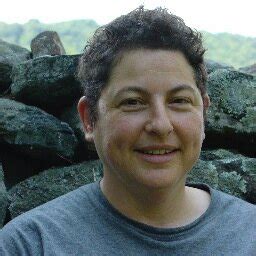A Quote by Yahoo Serious
There are a thousand weird untold stories in the Australian film industry, this has been one of them.
Quote Topics
Related Quotes
The Australian film industry is a small industry, so you have to really be flexible within working in different mediums. A lot of actors work in theater, film, and television, because there's not much opportunity in terms of employment there. So you do have to be resourceful and be able to flex your muscles artistically.
I think there is a kind of laconic Australian leg-pulling sense of humor that is certainly in some of my stories, or is an element in some of my books, and that's probably a direct result of where I've grown up. But other than that I don't draw particularly on the Australian landscape or the Australian biology and so on. So I don't think there's anything you could point to and say is particularly Australian.
I thought I was clever by greeting casting agents in my Australian accent and then switching to an American one during the performance. But the Australian accent seemed to put them off. Now it's the opposite; they love Australians. And with my thick Californian accent I now have a problem convincing them I'm Australian.

